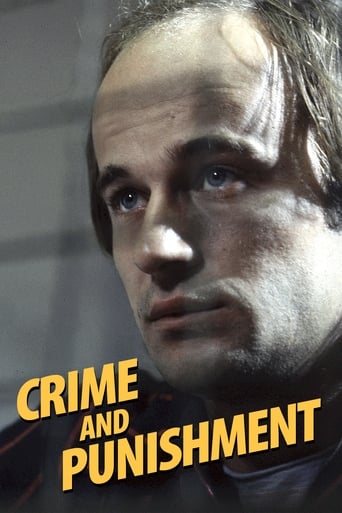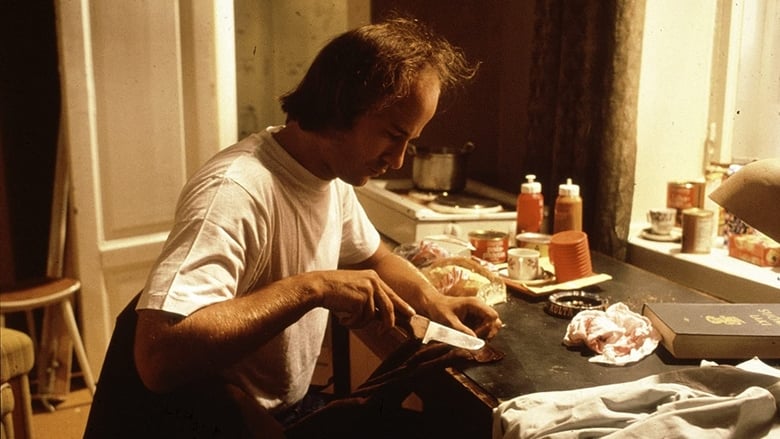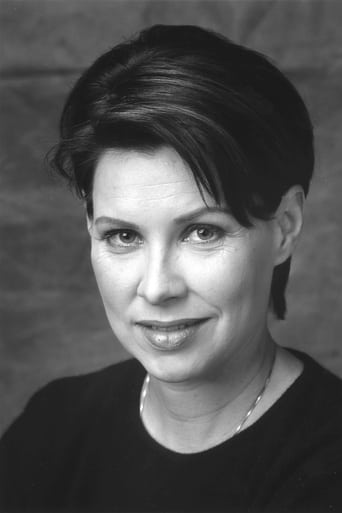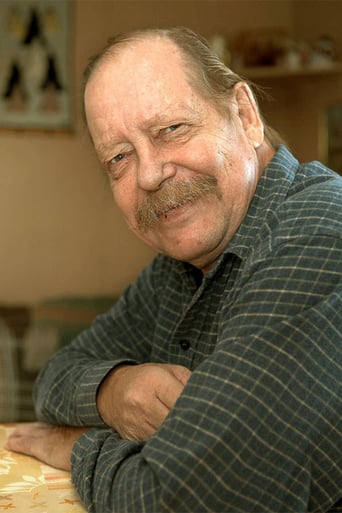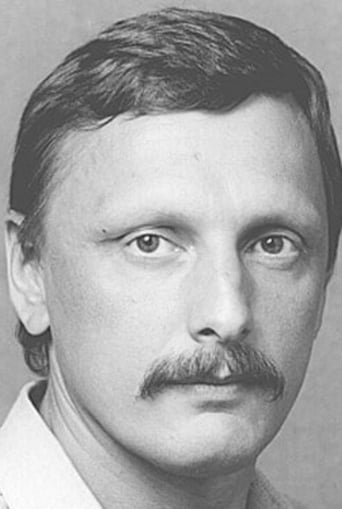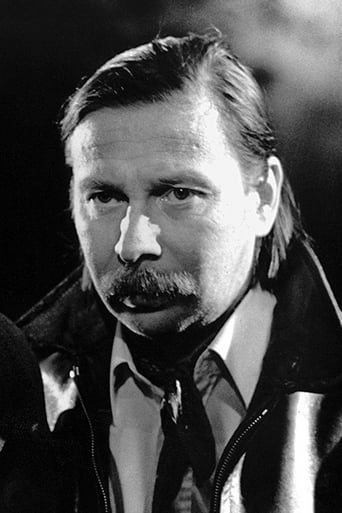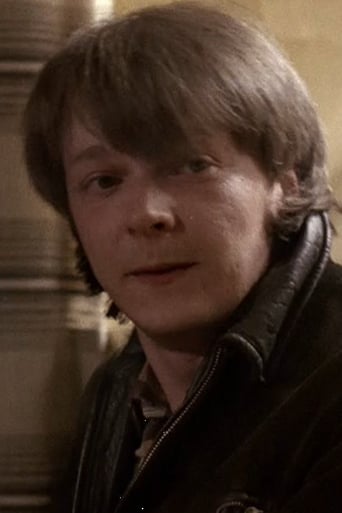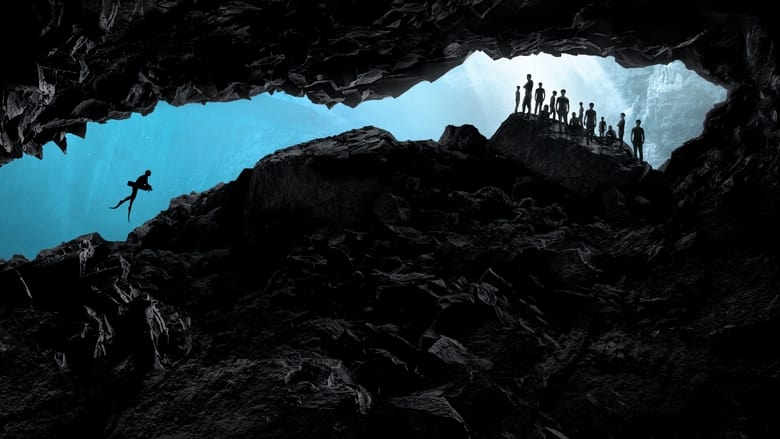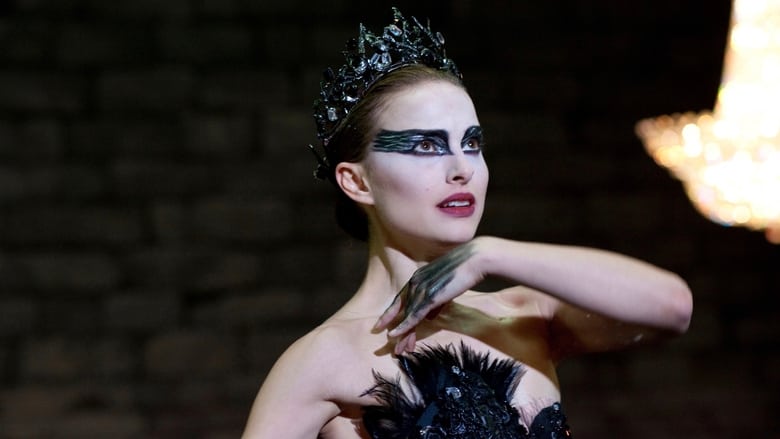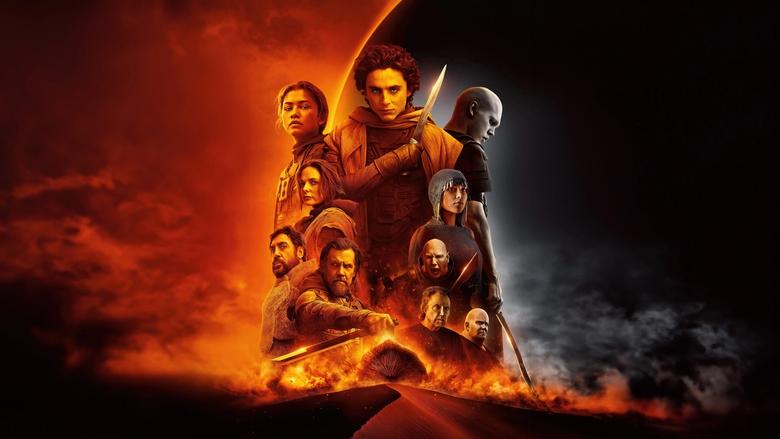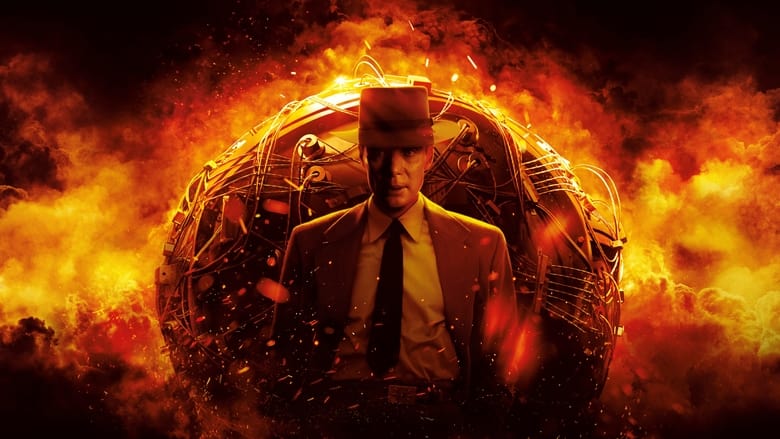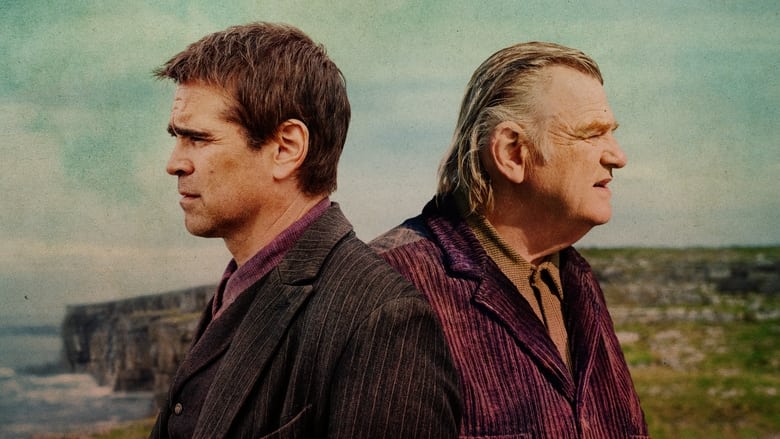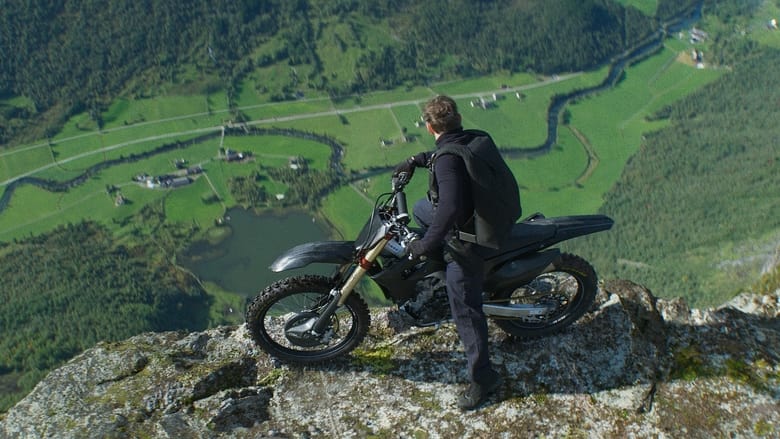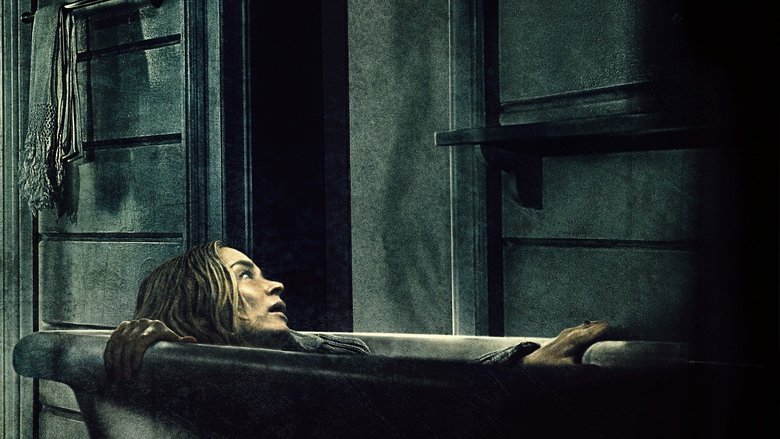In Helsinki, an ex-law student turned slaughterhouse worker commits a senseless crime that catapults him into loneliness. Only a woman who accidentally arrived at the crime scene wants to follow him, but guilt and the tightening net of the police throw a shadow over their desperate love affair.


Similar titles
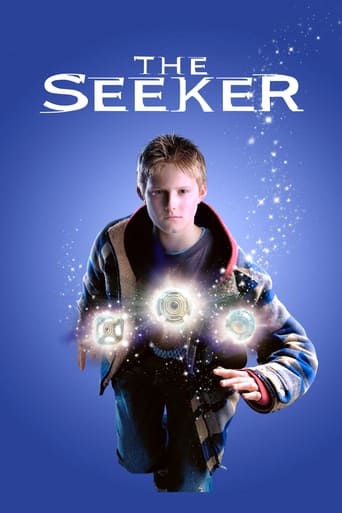
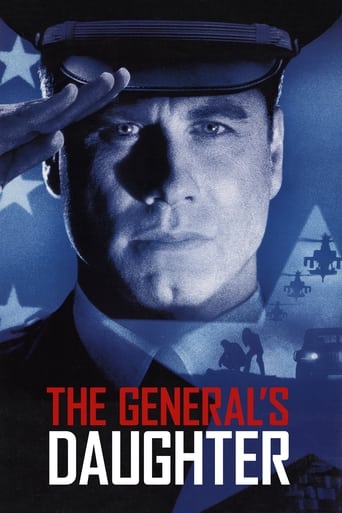
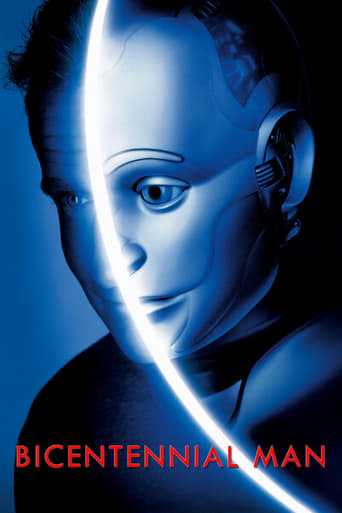
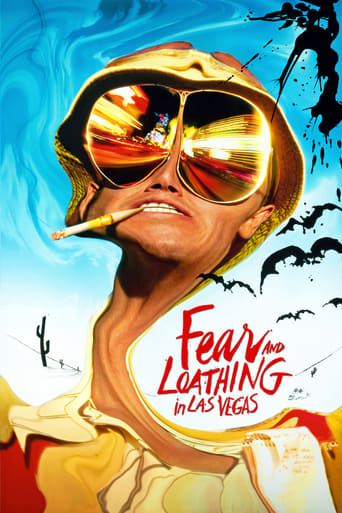
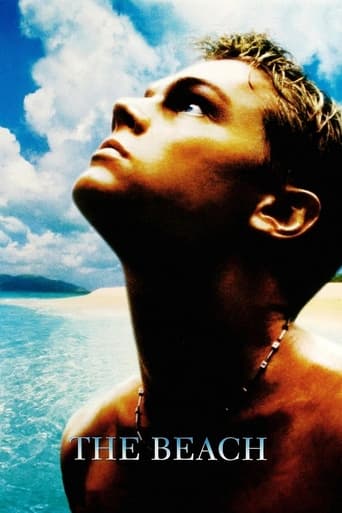
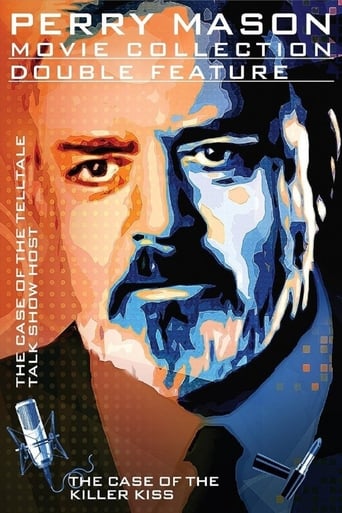
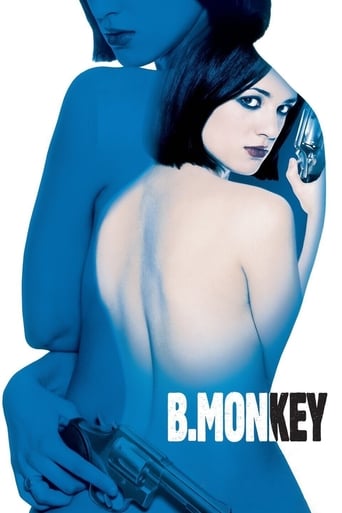
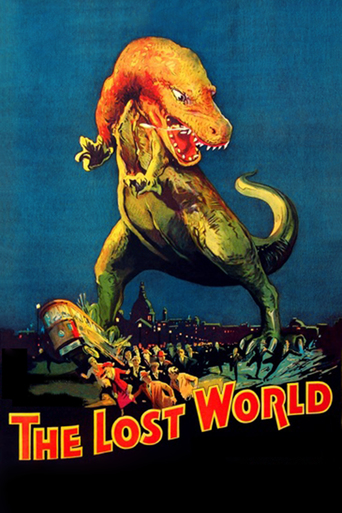
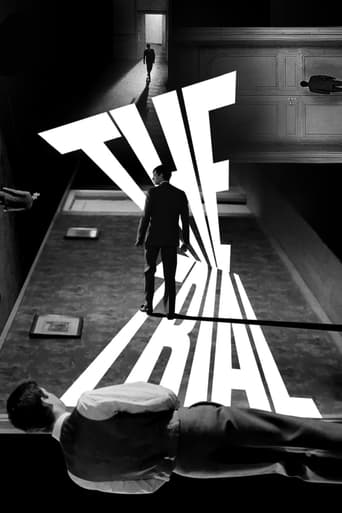
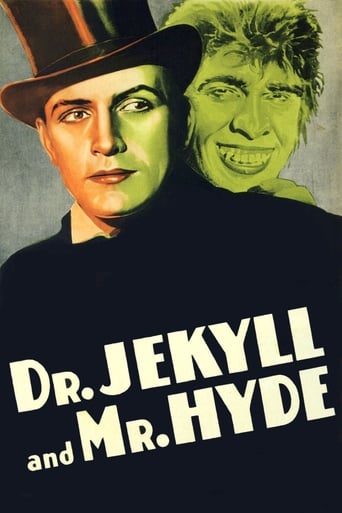
Reviews
Kaurismaki's formal debut is a straight-faced drama set in moody Helsinki that is not however particularly engaging and save for a few inspired moments doesn't really have something to recommend it to the casual viewer. The story revolves around a socially disassociated, aloof man working in a meat factory, who one day shows up in the doorstep of an upper class businessman and simply explains that he's there to kill him then shoots him dead. The rest of the film combines a detective thriller (thriller in the mildest sense of the term) and a psychological drama and is largely okay in both departments.I find Kaurismaki's very basic approach to film-making to be refreshing compared to the cynic, gimmicky cinema of our days that is more content to wink at the audience than take the material it presents seriously. The dialogue is as sparse as the plot is thinly stretched and everything in 'Crime and Punishment' has a very minimalist feel to it. It's rather short, clocking at almost 90 minutes, but after Kaurismaki gets done with the setup and motive and general background of the killer, and this happens around the half mark, he just doesn't have a whole lot of places to go with the rest of the film.As a debut and an exercise in film-making for the young director it's impressive, but it's also monotonous and very one-note and just not very interesting.
This was the first film from idiosyncratic filmmaker Aki Kaurismäki, and already some of his more recognisable themes and preoccupations are being developed in preparation for the more iconic films still to come. I wouldn't go so far as to call this particular adaptation of Dostoevsky's landmark work a classic - as there are obviously a few rough edges and an overall feel of the generic European sensibilities familiar from television drama occasionally getting in the way of Kaurismäki's typically broad, deadpan approach to moments of drama and emotion - but I'd still recommend it as a worthy experience, especially to anyone familiar with Kaurismäki later work, as a chance to see how his unique and entirely personal style has developed and evolved.In a particularly impressive stroke of direction, the film opens with a close-up shot of fly crawling across a blood-splattered plinth in some anonymous Helsinki slaughter house. A cleaver comes down and cuts the fly in two. Immediately, ominous music begins to play and we are subjected to an onslaught of emotionless, repetitive slaughter; as drab, impassive young men in overalls clean meat from bone, saw through sinew and hose down the pools of blood collected under a procession of strung-up pig carcasses. With this kind of introduction we see Kaurismäki setting up the images of cold-hearted murder and stark, unglamorous brutality that will follow on into the subsequent scene. It also works as a skillful introduction to our central character Rahikainen; a former lawyer turned butcher, still haunted by the loss of his fiancé some several years before. There's also a stark sense of humour being developed here too; with the juxtaposition of over-emotive, melodramatic music with the completely disengaging, repetitive use of action and design - and the robotic, soulless way in which it is carried out - all setting up the broader ironies of murder so central to Dostoevsky's original tome.As with the book, Kaurismäki's interpretation of Crime and Punishment looks at the attempt made by the central character to "kill a principle", as well as the conflicting notions of righteousness and guilt. In this respect, the film calls to mind director Krzysztof Kieślowski's A Short Film About Killing (1988), which not only shares the same thematic preoccupations of the desire for murder and the psychological and spiritual complications that it can conjure up, but also a certain cold, peculiar approach to the direction, structure and actual mise-en-scene. This is obvious right from the start, with the scene in the slaughterhouse setting up the continual atmosphere and broader elements of interpretation found throughout. This means that by the time we finally see Rahikainen go to the office of a seemingly random, middle-aged business man and shoot him dead, the lack of emotion and cold robotic calculation present in his body language and personality is like an echo of the scene in which he killed the fly or carefully broke the ribcage from a slab of raw beef.While Rahikainen sits in silent contemplation - thinking about his actions as his victim lies dead on the floor - a young woman enters the room and triggers a chain of events that will force the character to think more carefully about why he chose to commit such a crime, as well as casting elements of doubt on his notion of murder as being - once again - about the killing of a principal rather than a man. Obviously, there are much deeper shades of drama presented here, with the subtle notions of loss, loneliness, listless desperation, the desire to escape (not only from your circumstances but also from yourself) and the central, titular ruminations on crime and punishment and what they mean to the individual. These ideas are given further weight by the truly grand performances, with Markku Toikka creating a completely believable character whose true beliefs, feelings and intent remain vague and enigmatic, while Aino Seppo as the girl presents the more hopeful, tender aspect of the drab, grey and claustrophobic world that the character inhabits. There is also fine support from Kaurismäki regulars Esko Nikkari, Olli Tuominen and Matti Pellonpää, who here plays an early incarnation of a character he would develop further in the subsequent Shadows in Paradise (1986).Though the cool irony and wry humour of Kaurismäki's later films is perhaps less formed than it would eventually become, there are still traces of it beginning to take shape. Regardless, this is still a fascinating insight into Kaurismäki's creative mind, his vision, and his sense of sardonic ambition in even attempting such an adaptation for his first feature film. It is perhaps worth watching first, before you see any of his subsequent films, and then returning to once again after having seen the extraordinary developments he made through films like Calamari Union (1985), Shadows in Paradise, Hamlet Goes Business (1987), Ariel (1988) and Leningrad Cowboys Go America (1989). Regardless, this is an impressive first film from an incredibly talented filmmaker.
Just half an hour ago I finished watching the Finnish director's take on Dostoyevsky's wonderful classic novel Crime and Punishment. I knew not to expect a faithful adaptation and in fact, didn't even wish to see one, feeling intrigued at the idea that this literary favourite of mine had been transposed to contemporary Helsinki. As expected, this was really very, very loose as far as literary adaptations go. Yet the core of the novel's concerns were there, so eloquently expressed by its straight-forward and non-symbolic title: CRIME and, as a consequence of the former, PUNISHMENT. And the central concern of all this is not IF the punishment occurs, but HOW and ultimately, WHY it happens.People seldom smile in Kaurismaki's Helsinki, and have pensive, reflective ways and a deliberateness about them, whether they are police inspectors or pastry shop employees. Rather than the process that brought Antti Rahikainen (Kaurismaki's Raskolnikov) and his conscience to turn himself in to the police, I was struck by the way the movie plays with the spectator's sympathies. Rahikainen inspires sympathy one moment and lack of it the next; then, once again, you develop sympathy followed by antipathy and a desire to see him punished. At least I found it to be the case, and it wasn't that I mentally chastised him for the murder, either. As Rahikainen himself twice said during the course of the movie, you don't really feel like he's killed a man, so much as a principle. The film doesn't go to great lengths to explain what principle that might be, but you can somehow intuit it, and even approve of his actions to some degree - at least in a very abstract sense. And it's not even like the murdered man is ever presented as being repulsive! If there was ever a crime movie more cerebral than this, I would really like to hear about it! One quality I admire in Kaurismaki that's perfectly illustrated by this movie is his use of interior spaces. The way he films rooms with people in them, though it's done in an absolutely subtle, functional and non-showy way, really gives a sense of their context within the world they inhabit and the thoughts and feelings that float around them in said rooms and interiors. The very last frame of the guard shutting the prison door behind Rahikainen after he's been speaking to Eeva (roughly the equivalent of Sonya from Dostoyevsky's novel), really gives a sense that the spaces you inhabit are mostly a reflection of your state of mind, your interior state. After having seen the young murderer in his grotty rented room before, emprisoned within his own musings and guilt, the literal prison he occupies after he turns himself in seems no more restictive of his freedom than his previous mental state. In this sense, Kaurismaki's Crime and Punishment is very similar to the spirit of Dostoyevsky's novel.
This film was a positive surprise, compared to the general style films are made these days. It follows Dostoyevsky's novel's lines in a modern environment. The people were mostly very minimalistically and unemotionally potrayed, but still their thoughts and emotions could be read from their eyes and the way they stood, moved and paced their speech. The general feel of the surroundings is very oppressive, almost if seen through the eyes of the two main characters. Simply put, the film prunes all the extras away and concentrates on the ideas behind the story.The plot had even some surprising twists, and the ending is done so, that it made me wonder that maybe Kaurismäki has some personal experiences of such feels of guilt and isolation as the main male character. This film, even if it's done nearly 20 years ago, is more than fit to make us think about our current world, and the direction we are heading.
